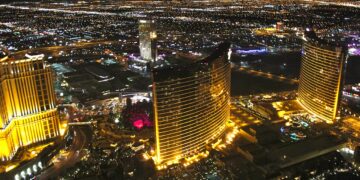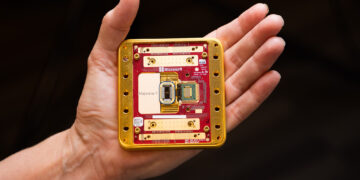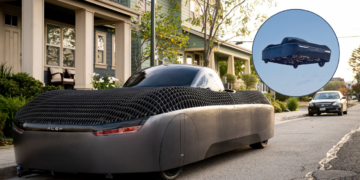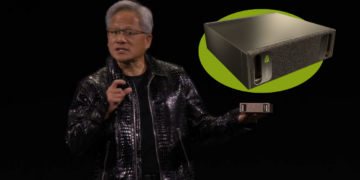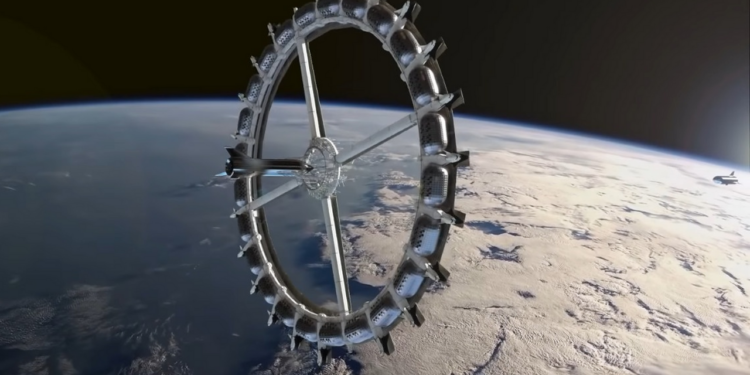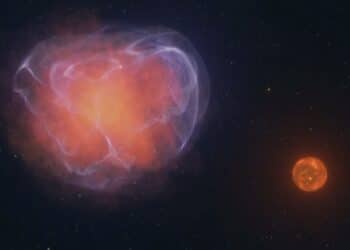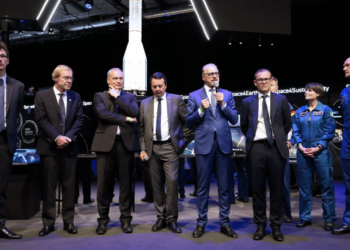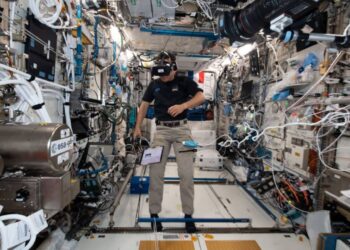Voyager Station is the name of the first luxury hotel to be built in space by the Orbital Assembly Company: it will be operational by 2027.
Do you want to spend the Christmas holidays in space? From 2027 it will be possible: Orbital Assembly assures it. It is an aerospace engineering company that has recently announced the construction of a large orbital station that will be used to welcome tourists and “space” travellers. The facility will be operational within five or six years and will resemble a luxury hotel on Earth in every way. There will be bars, restaurants, private rooms, gyms and even a concert hall. The Voyager Station – this is the name chosen for the ambitious project – will have a living area of over 12,000 square metres and will be able to accommodate up to four hundred people at a time. Inside the space hotel there will be an artificial gravity equal to 1/6 of the Earth’s: guests will feel lighter and will be able to indulge in a few more culinary delights without fearing (at least until their return to Earth) the scales!
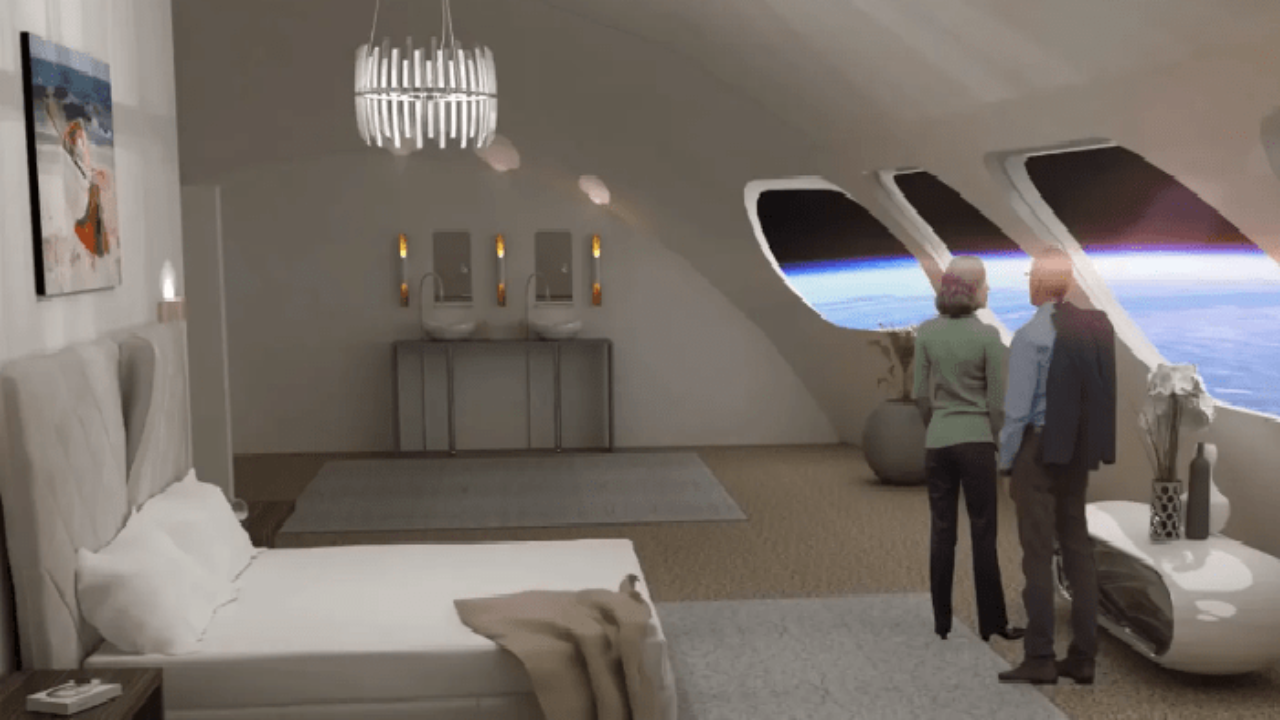
Read also → Stadium-size balloon stadiums will take a NASA telescope to the edge of space
The Orbital Assembly will build the first luxury hotel in space
The first tests to verify the viability of the project will be conducted using scale models of Voyager Station. In particular, the artificial gravity force inside the structure will be tested: the attraction will be generated through the rotation of the structure on itself. It is not yet clear how the guests will be chosen, nor have the details of the entire operation been explained. What is certain is that this is an extremely ambitious, almost science fiction project. The Orbital Assembly Company has already raised more than a million dollars in funding and according to John Blincow – founder of the aerospace engineering company – Voyager Station should be operational by 2027. Blincow is certain that the first luxury hotel in space will soon be a reality and has called this project “the beginning of a new industrial revolution”. Will it really happen?
You might also be interested in → NASA launches a contest for a new “space toilet”
















